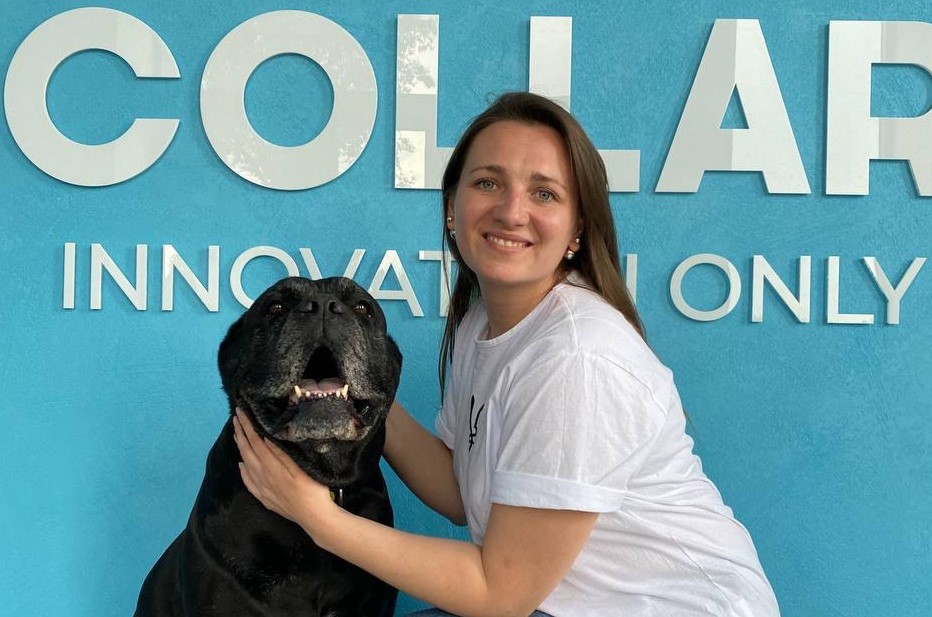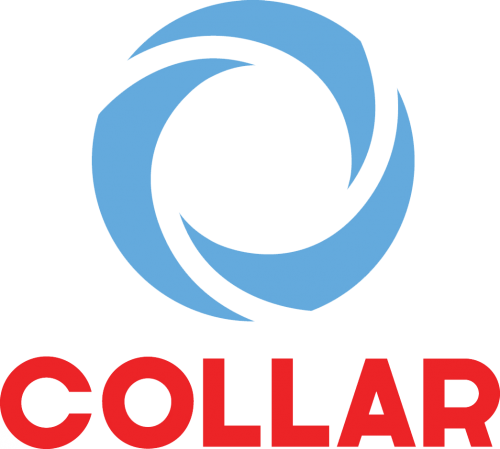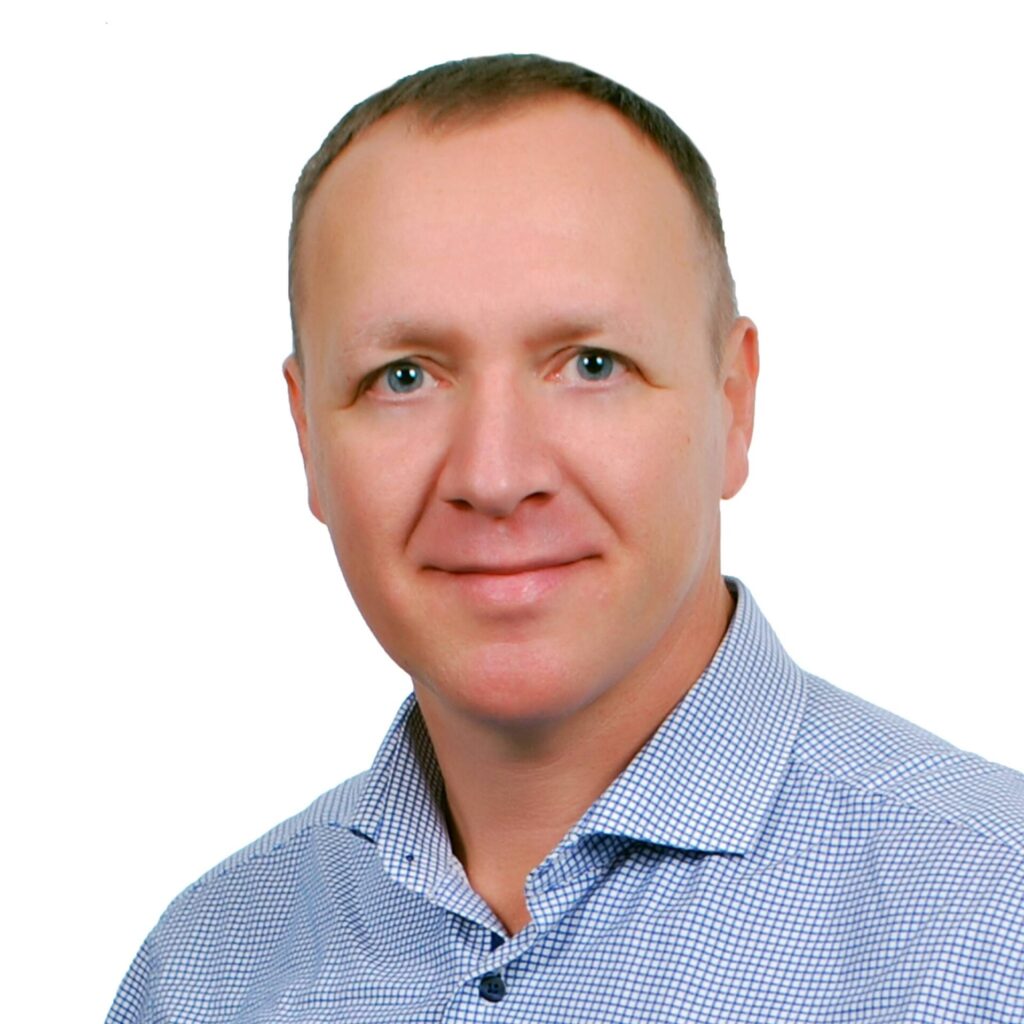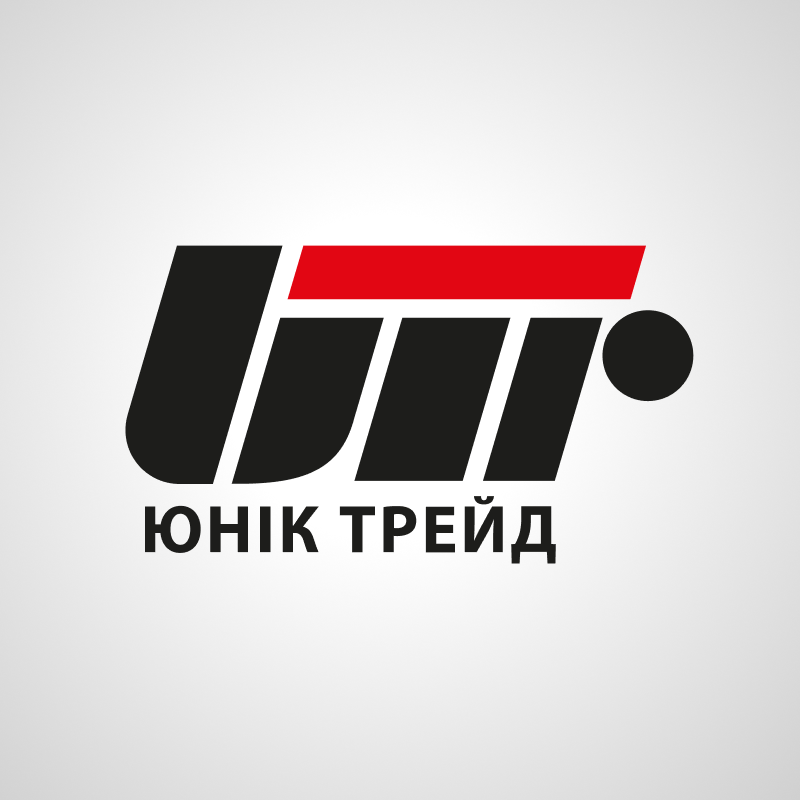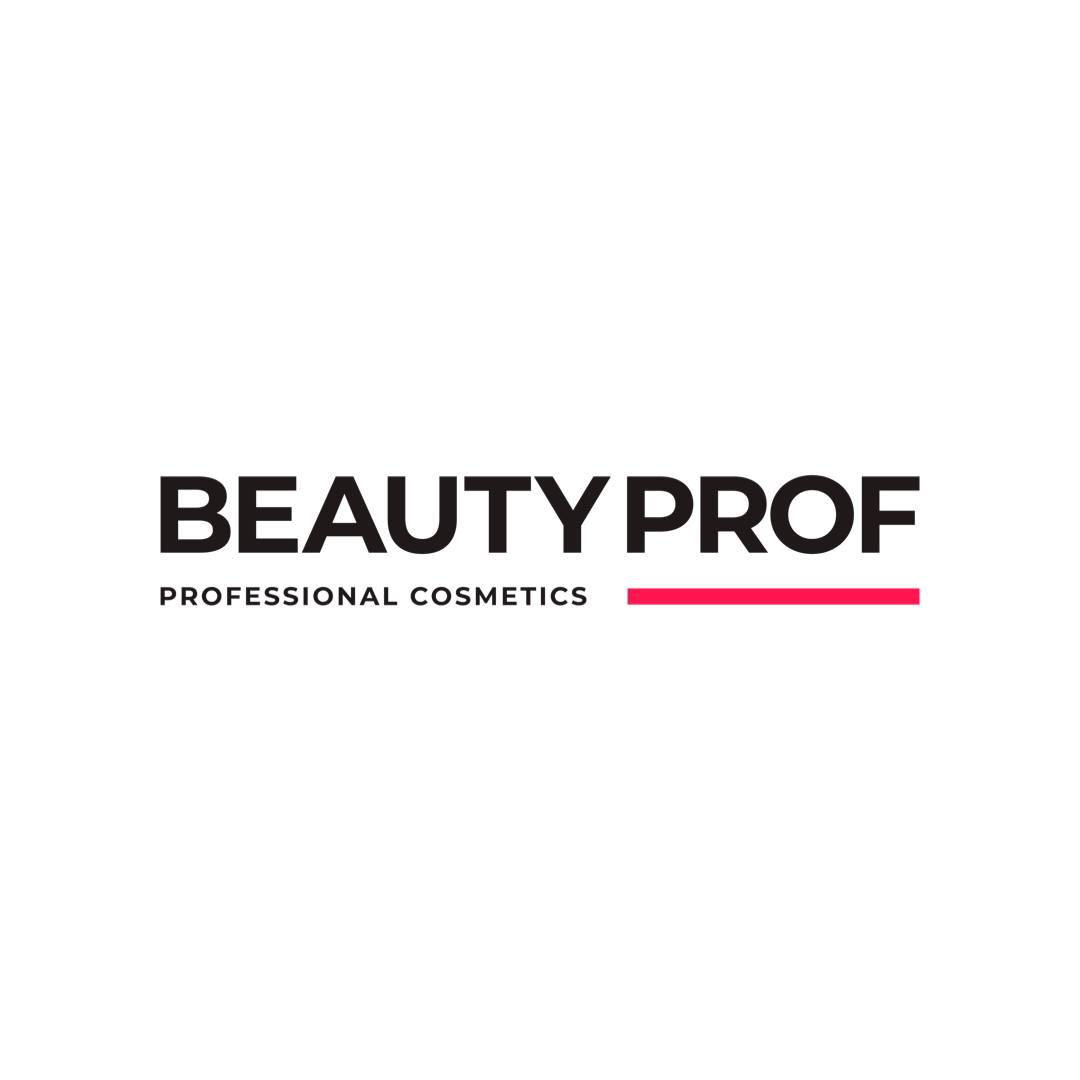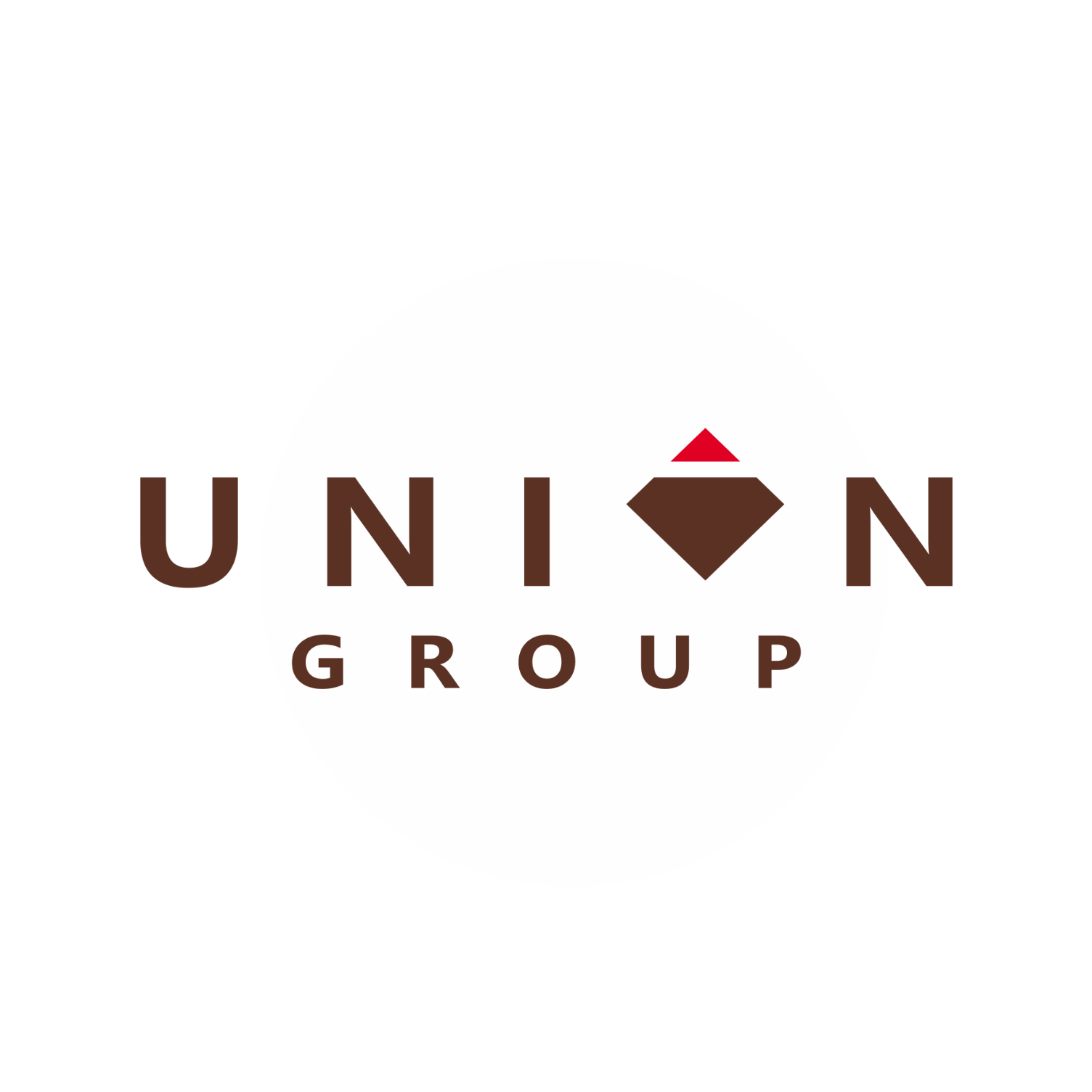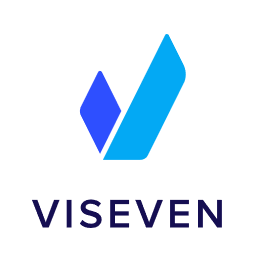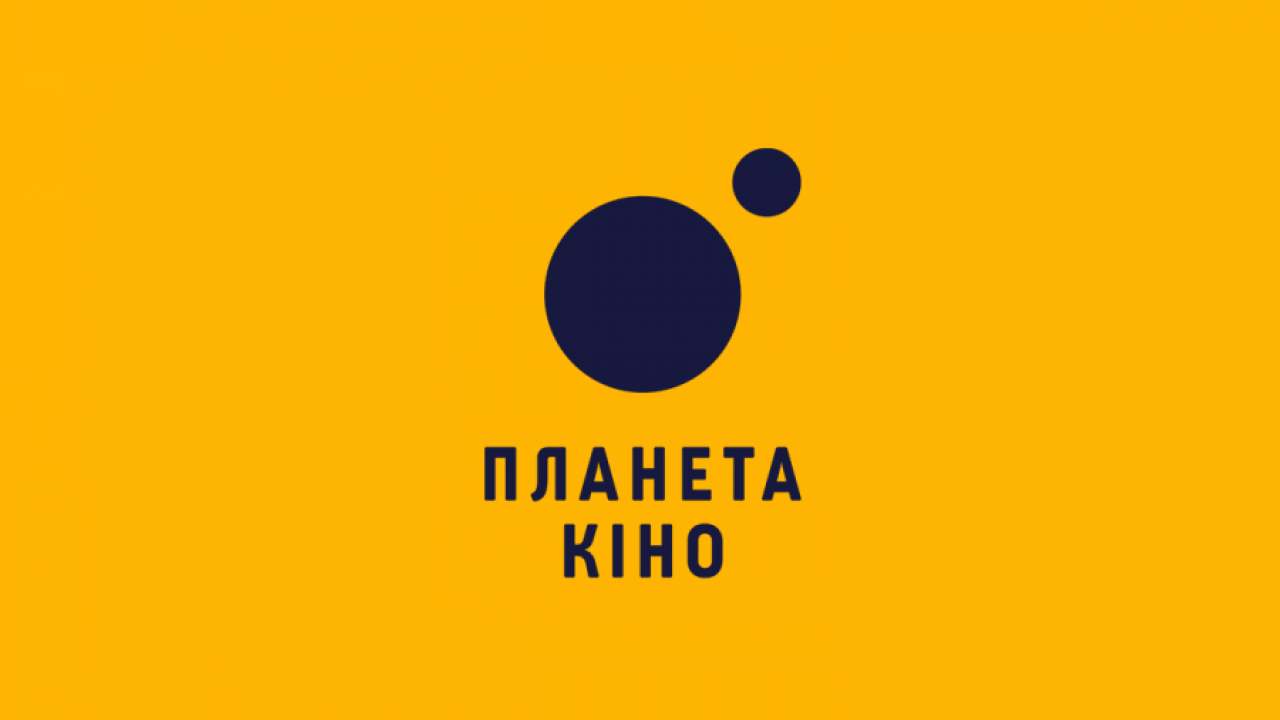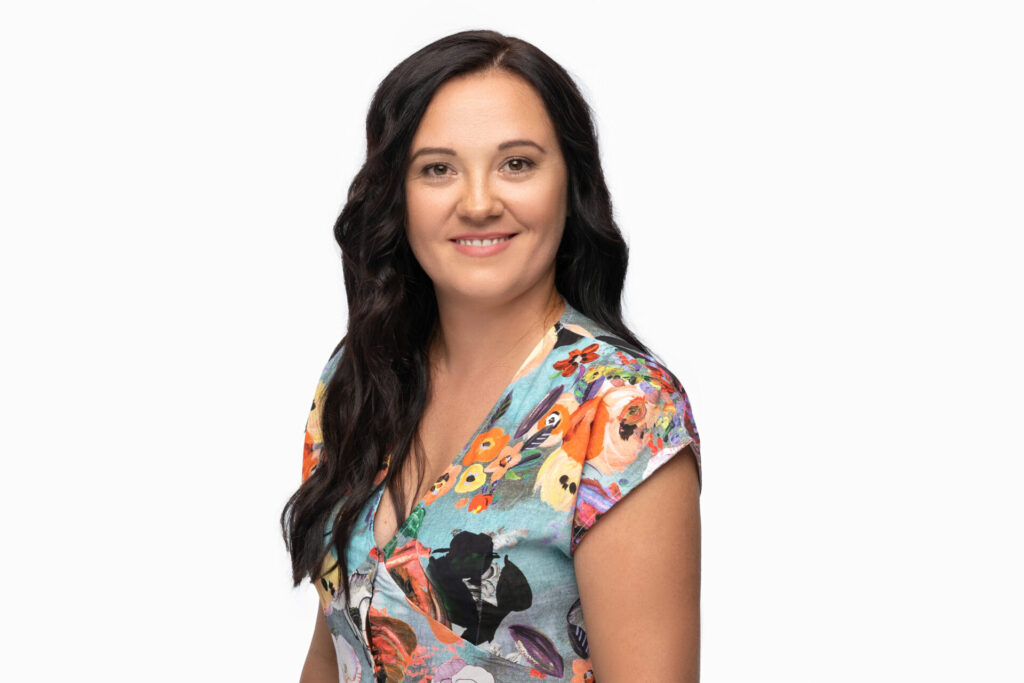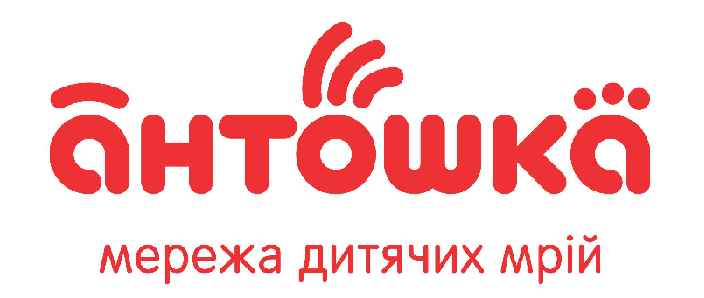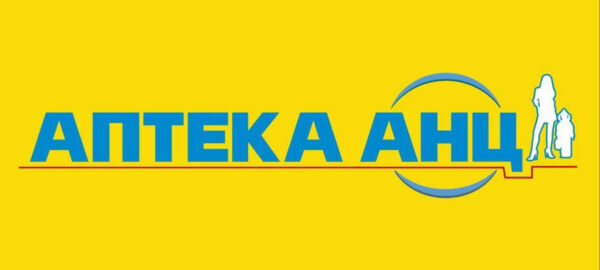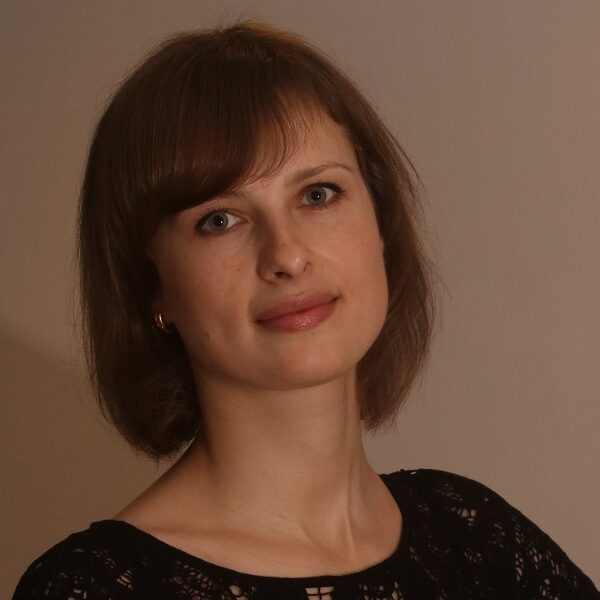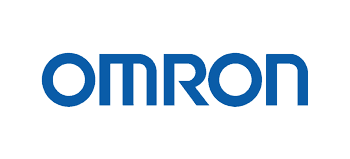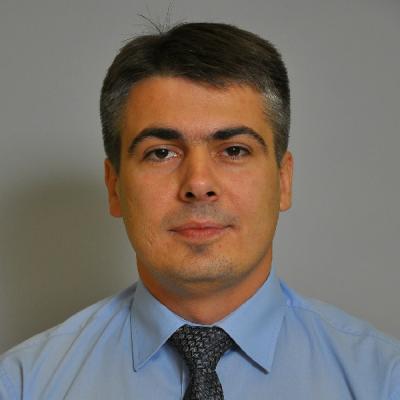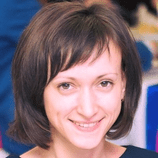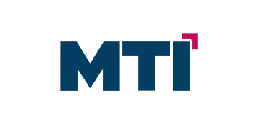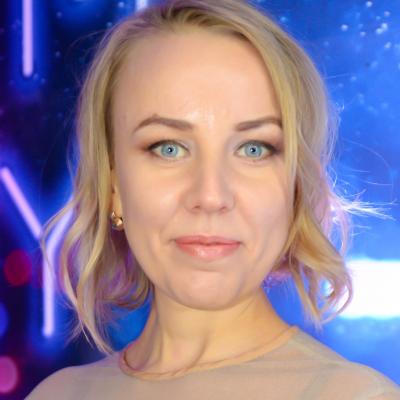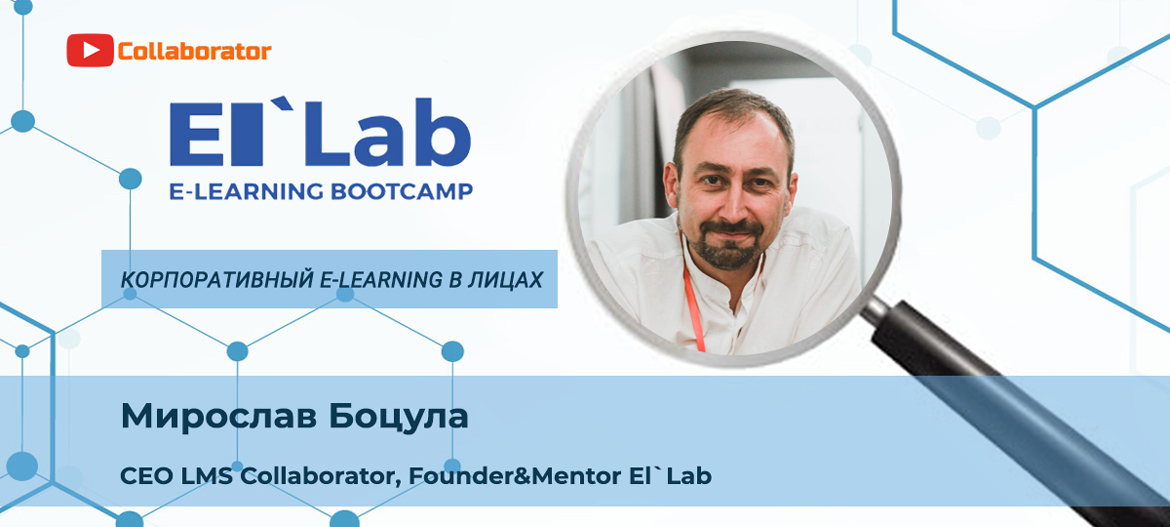
«What we do is based on the client’s needs. And this is the most important feature to be proud of» – Miroslav Botsula about the values in the LMS Collaborator work
Corporate e-learning in faces – the section in which we introduce you to the top experts in the area of corporate e-learning. Today’s article features an interview with Miroslav Botsula – CEO of LMS Collaborator, Founder&Mentor of El`Lab.
In this interview Miroslav talks about his path in corporate e-learning, his first e-learning projects, professional touches, the specifics of the LMS Collaborator team and much more.
 — Miroslav, how did you come into e-learning?
— Miroslav, how did you come into e-learning?
— At the university (Vinnitsa National Technical University) there was a task to try to make laboratory work remote. At that time (2004) there were only a couple of graduate students who were involved in Internet technology, and I was part of that team. We implemented a project that allowed us to remotely assemble an electronic circuit, run electric motors, and show it all in real time.
Then the university decided to introduce distance learning. It turned out that in addition to one site at our university, there were at least five more. Every year, graduate students in control automation and IT created new distance learning systems. That is, every year the university had at least one new DLS developed as part of the diploma. The diploma supervisor presented it as the best variant, but no one could work with it except the student who developed it. After the defense of the diploma, the student left, and the system ceased to exist. In 2004 there was an exhibition of educational technology in Kyiv. There I got acquainted with the University of Sumy, which was making its own system of education, and also got acquainted with Dmitry Krechman (HyperMethod, St. Petersburg). They brought their system to Ukraine for the first time. I have looked at it and realized that I could look through the code and, if necessary, fix something. That is how we began to work.
While I was working at the university, I was head of the Center for Distance Education. There were no grandiose successes; there was no quarantine as a catalyst then, and technology was not yet so well integrated into people’s lives. There was also a lot of resistance from teachers who were afraid to publish their material lest it be copied. There were a lot of different excuses not to do this work.
After that, we had already launched our own company. At first I worked with HyperMethod as a representative in Ukraine and we implemented their platform at Comfy, Ukraerorukh, Kernel, etc. Next we encountered a standard problem when the platform is installed on the customer’s servers – it is an upgrade. We made the platform, installed it for the customer, adapted it to their needs and configured everything. Then an update from the provider came out, and the system had to be updated to take into account all the nuances that had been made for the customer. It was very difficult, sometimes almost impossible. After looking at this, we decided to make the system ourselves. And created the LMS Collaborator, which we now work with.
— What was the first e-learning project in LMS Collaborator?
— One of the very first was the Vinnitsa network of pharmacies, Konex. The task was to train the people who greet customers and sell them drugs in the nuances and subtleties of each drug. It was a product training and had to be distributed very quickly throughout the chain. We were successful with that task. We also had Brocard first, which also had product training. We continue to cooperate with Brocard and Konex to this day.
 — What implemented e-learning projects are you proud of?
— What implemented e-learning projects are you proud of?
— All projects are significant for me, so I cannot single out just one. I like working with large-scale and progressive companies, among them Viyar, Kernel, Yuria-Pharm, ACINO, Socar, Roshen, Planet-cinema, Yves-Rosher, Molokia. They have a lot of unique ideas and creative vision, which is interesting to implement.
In general, I am proud of LMS Collaborator platform and the way we develop it. What we do is based on the needs of the client. And this is the most important thing to be proud of. Every button, function, table, number and text is there for a reason. Someone needed it, it’s been implemented, it’s being used, and that makes us very proud.
— What do customers expect from an LMS when they first come across it?
— People who turn to the LMS expect that it can solve their problems, and they will not be left alone in the future. This is the main point on which we build our relationship with clients. We’re constantly in touch with them, we know what they’re going through, we help them. Basically, everyone has different expectations. Customers have a lot of different things they want to do. The main ones are:
- To speed up the transfer of information and check how much information the employees have absorbed;
- To speed up the training of a new employee, so that he or she gets into the position faster and starts bringing profit to the company as early as possible;
- To check the knowledge of employees, at what level they are. This applies to the personnel pool and career progression.
And with the LMS Collaborator they have another new item – access to knowledge. This is where we are unique. When companies work in LMS Collaborator, they create learning tasks and train people. And with our platform technology, these activities are inextricably linked to the background formation and growth of the company’s Knowledge Base, to which employees have access at any time.
— What has changed in e-learning now?
— Technology has changed and people are no longer tied to a clear overall schedule, because it has become difficult. Because of covid, most people have gone into a mixed mode of work, everyone has tried to work from home in free mode. It’s very difficult to get everyone in one place and at one time to participate in some process. And even if it works, it’s not certain that the person in remote mode will be fully focused. The principle of group learning has shaken a lot. Now the emphasis is more on personalized learning, where there is an individualized schedule and an individualized mode. Technologies like VR, augmented reality, have stayed the same. They have technically become more advanced, but their applicability in Ukraine and post-Soviet countries has not changed. This is an expensive technology and very few companies in our country can afford it. These technologies are actively used in developed countries. Rich companies that have good funding, can afford the training courses in virtual reality, and it gives them a tangible benefit.
Blended learning gained a great importance. This, too, was influenced by covid. At first everyone switched to distance learning, but then they saw that absolute distance learning is not effective. So when the opportunity arose to bring people together, they began to mix.
 — Where can people improve their corporate e-learning skills?
— Where can people improve their corporate e-learning skills?
— First and foremost is El`Lab. This is the most effective option in the «pump up» mode. When you come, get an intensive in 3 days and leave with an idea of what to do next. The second option – EdMarket. It’s more about pumping up your teaching skills, preparing instructional material, and pedagogical design. Also worth looking at courses on Udemy, Coursera, edX.org, and other English-language resources that have courses on preparing course material, tests, and learning processes. But it is worthwhile to make a correction that this is a Western approach, taking into account their educational technology and organization of training. In general, the most reliable way is to take part in an elearning project, i.e. to engage in real practice and work with experts in the industry.
— What professional failure was the most memorable?
— There were several, but I can’t say that the fails themselves are memorable. I try to remember the reason why it happened. And it was that we misunderstood the business processes that the client needed and offered slightly different services than they expected. For example, for a small organization that wants to implement a distance learning system, it is completely impossible to approach the concept of training automation. The company is not yet mature enough to automate its learning processes or the business processes are not yet put in place. Now I understand that such companies need to be approached in a more consultative manner – not only to give them a system on which to teach, but also to help them every step of the way. To solve the development of distance learning iteratively in steps: from simple to complex.
 — How many people are on your LMS Collaborator team?
— How many people are on your LMS Collaborator team?
— Today we have 14 permanent members in the team, but there are so many different tasks to solve. We gradually moved on to structuring the business, defining each person’s area of responsibility. Now the entire team is distributed into roles. I tried different ways of distributing responsibilities and
settled on the following: we have functions that need to be done by someone, and there are roles that include these functions. So far, each person on the team has multiple roles. Sometimes we flip functions between roles, sometimes we flip roles between people. If someone has a function that doesn’t work out well, they get help. We are constantly learning as many functions have to be learned from scratch.
— Share your last year’s challenge.
— For me, the challenge and getting out of my comfort zone is finding partners. We are looking for partners in different countries and it is a huge challenge. I have never spoken so much English before.
— Any progress yet? Anything to be proud of?
— Yes, there has already been some progress.
— Did you celebrate that success?
— It’s early yet. I have goals in OKR, and when I reach them, we can celebrate.
— And if you don’t?
— And if I do not achieve it – it means that they were greatly overestimated. In OKR, they are, as they should be, overestimated. In any case, we will analyze and set adjusted goals.
— Thank you!

El`Lab#7 to be! May 18-20, 2022.
Leave applications and you will be the first to know about the details and the opening of registration.
Link to registration form

